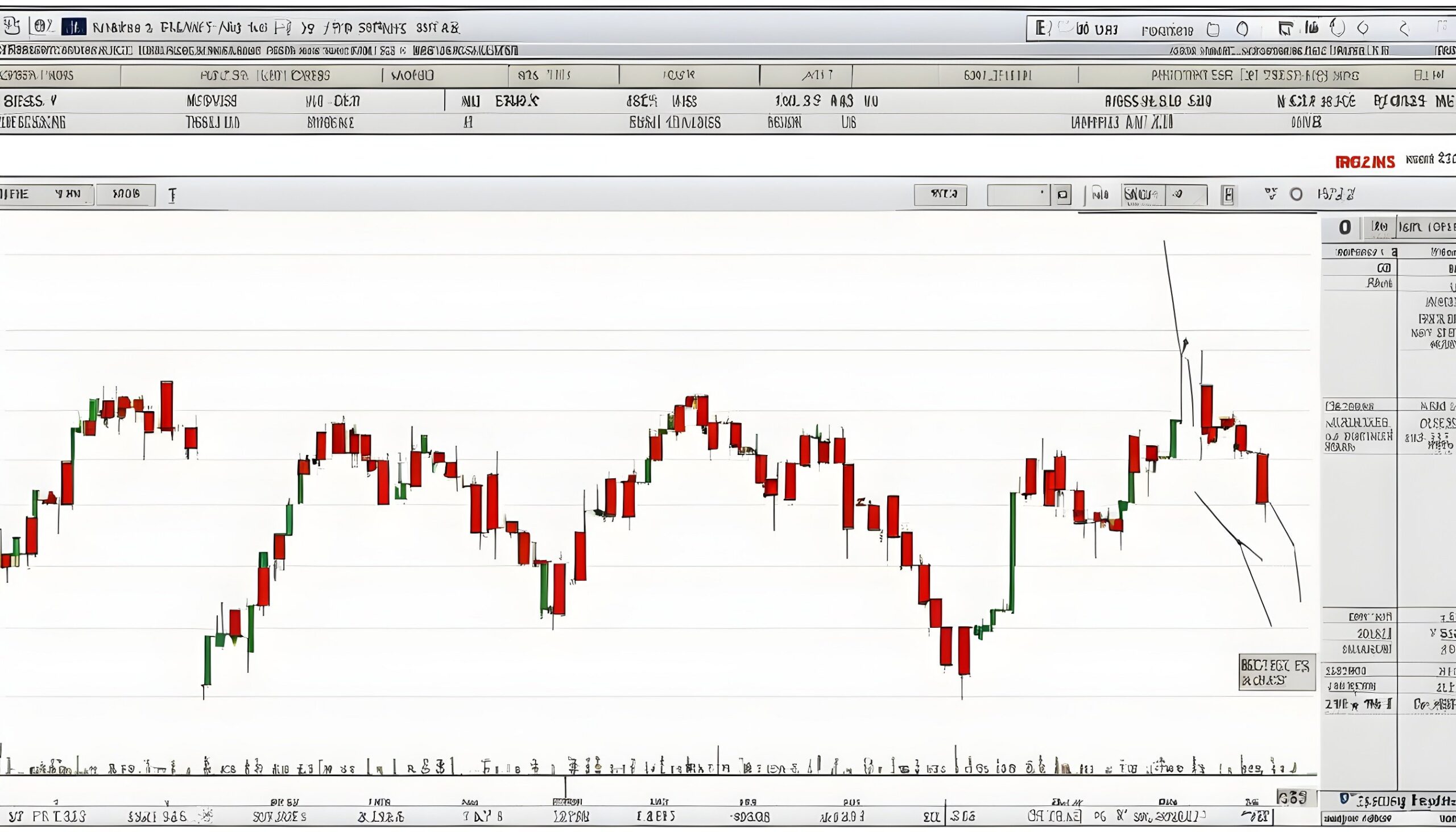Introduction: Delving into the intricate realm of insider trading reveals a complex landscape where financial misconduct taints the principles of fair play. Insider trading, the clandestine buying or selling of securities based on confidential information, poses a threat to market integrity. In this exploration, we unravel the implications of insider trading on financial markets and scrutinize the regulatory mechanisms designed to thwart such unethical practices.
Understanding Insider Trading: The subtle nuances of insider trading encompass a spectrum, ranging from corporate executives exploiting confidential information to associates, friends, or family members leveraging privileged insights for personal gain. The repercussions extend beyond individual gains, casting shadows on market dynamics and eroding public trust in financial systems.
Implications for Financial Markets: The ramifications of insider trading transcend immediate financial gains, introducing distortions that can disrupt market equilibrium, impede fair competition, and compromise the efficient allocation of capital. These distortions have the potential to trigger systemic risks, impacting the broader financial landscape.
Regulatory Measures to Combat Insider Trading: Governments and regulatory bodies globally have implemented stringent measures to combat insider trading and safeguard market integrity. Disclosure requirements, trading restrictions, and severe penalties form the arsenal against those found guilty of engaging in insider trading. Sophisticated surveillance technologies are employed for active monitoring, enabling the detection of irregular trading patterns.
Recent Cases and High-Profile Convictions: A closer look at recent cases involving insider trading unveils the ongoing efforts to enforce regulations and prosecute wrongdoers. Notable convictions and legal actions serve as a stern warning, emphasizing the consequences of partaking in such unethical practices. These cases also underscore the challenges faced by authorities in keeping pace with increasingly sophisticated tactics employed by those involved in insider trading.
Global Perspectives on Insider Trading: Insider trading regulations exhibit variations across jurisdictions, necessitating global collaboration to address this issue effectively. International efforts, including information-sharing agreements and coordinated investigations, play a pivotal role in forming a united front against insider trading activities that transcend geographical boundaries.
In the ongoing pursuit of a fair and transparent financial landscape, the focus on preventing insider trading remains steadfast. The clandestine nature of such activities underscores the need for continual adaptation in regulatory frameworks to stay one step ahead of those seeking to exploit privileged information for personal gain.
As technology advances, regulatory bodies face the challenge of not only detecting traditional forms of insider trading but also staying abreast of evolving methods. Machine learning algorithms and data analytics play pivotal roles in identifying irregular patterns and swiftly responding to potential breaches, contributing to a more proactive approach in maintaining market integrity.
Moreover, the importance of educating market participants cannot be overstated. Fostering a culture of ethical behavior and awareness around the consequences of insider trading is crucial. This involves not only punitive measures for wrongdoers but also initiatives that emphasize the broader impact on market stability and public trust.
Recent developments in the global financial landscape, including the rise of decentralized finance (DeFi) and the proliferation of digital assets, add new dimensions to the challenges of regulating insider trading. As markets evolve, regulatory bodies must adapt swiftly, striking a delicate balance between fostering innovation and preventing illicit activities that could undermine the very foundations of financial systems.
Collaboration between regulatory bodies, market participants, and technology experts becomes increasingly vital. Information-sharing initiatives on a global scale can help bridge gaps in surveillance and enforcement, creating a more unified front against insider trading that transcends national borders.
In the dynamic landscape of financial markets, the fight against insider trading demands continual evolution and adaptability. Regulators must not only respond to emerging technologies but also anticipate potential loopholes that wrongdoers may exploit. The intricacies of digital communication, algorithmic trading, and the global nature of financial transactions necessitate a forward-thinking approach to regulation.
As regulatory bodies enhance their technological capabilities, the importance of international cooperation becomes increasingly evident. Collaborative efforts in sharing best practices, intelligence, and expertise create a more robust defense against cross-border instances of insider trading. Mutual understanding of legal frameworks and swift coordination in investigations are essential components of this collaborative front.
Furthermore, public awareness campaigns play a pivotal role in fostering a culture of compliance and ethics. Educating investors, market participants, and corporate entities about the far-reaching consequences of insider trading contributes to a more conscientious financial ecosystem. Transparency in reporting and communication channels builds trust and reinforces the notion that fair markets benefit everyone.
The role of corporate governance in preventing insider trading cannot be overlooked. Companies should implement robust internal controls, disclosure policies, and employee training programs. Ethical behavior should be ingrained in the corporate culture, creating an environment where employees understand the gravity of mishandling privileged information.
Looking ahead, regulatory bodies may explore innovative solutions, such as blockchain technology, to enhance transparency in trading activities. Smart contracts and distributed ledger systems have the potential to revolutionize the way information is stored and shared, reducing the likelihood of information leakage and ensuring a tamper-resistant record of transactions.
In conclusion, the battle against insider trading is an evolving narrative that requires a multi-faceted approach. Regulatory agility, technological advancements, global collaboration, and a commitment to ethical conduct collectively contribute to the ongoing effort to preserve the integrity of financial markets. As the financial landscape continues to transform, the resilience of these measures will be crucial in safeguarding the principles of fairness, transparency, and trust that underpin our global economy.
